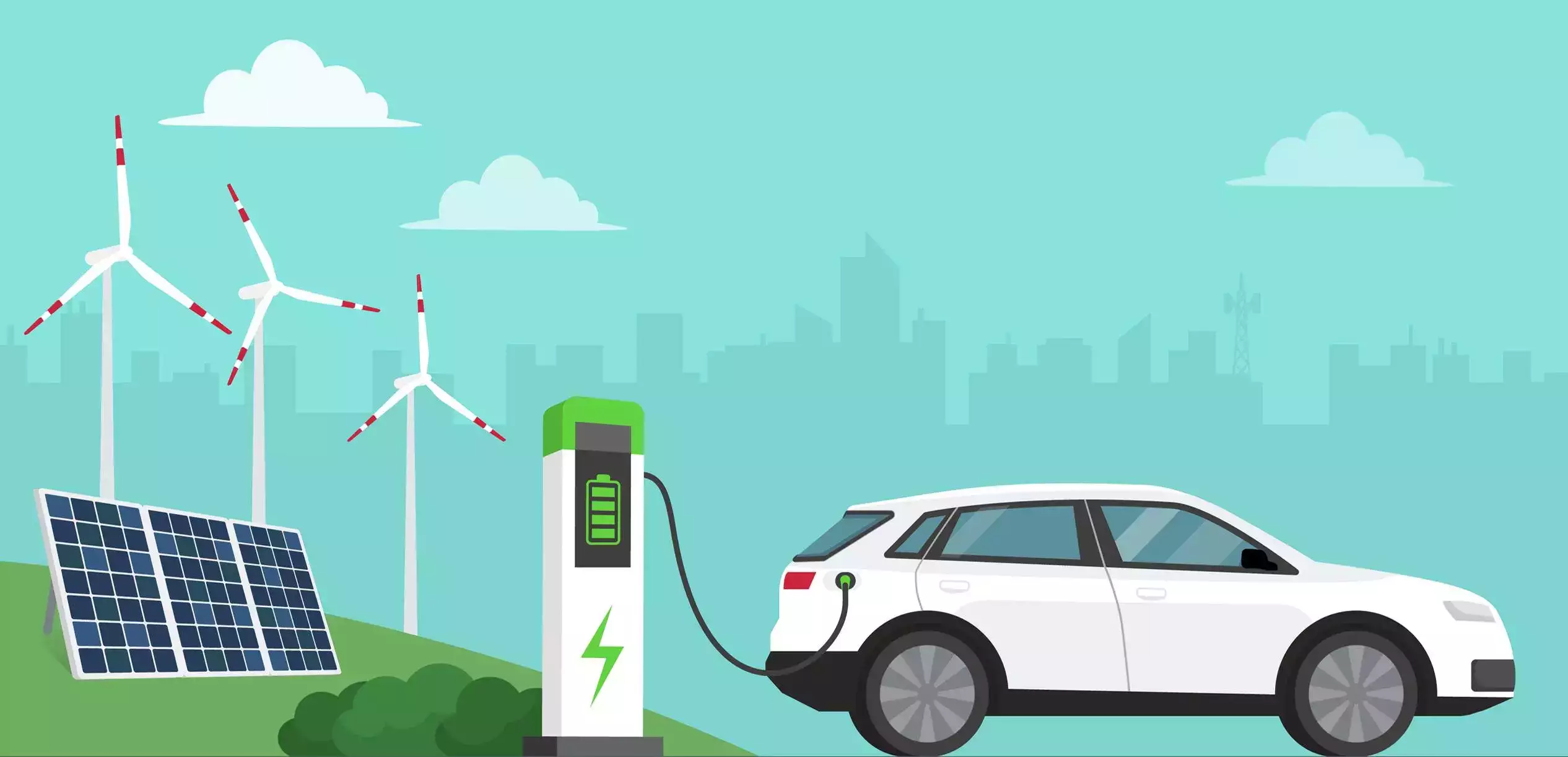
Currently, India’s dependence on foreign countries for essential elements acts as a hindrance for its e-mobility drive. To address the same, there is an acute requirement to strengthen the R & D scenario in the automobile industry. Highlighting the concern and to ease the roadmap towards EV30@2030, The Office of the Principal Scientific Adviser to the Government of India has launched the “E-Mobility R&D Roadmap” on July 16, 2024.
This drive is going to accentuate the technical aspects and research areas that demand urgent attention for India in the coming 5 years. Along with that it also works in parallel with India’s Atmanirbhar target, to make the country a global leader in mobility solutions.
This report is in addition with what DST (Department of Science and Technology) has done earlier, said Prof. Karthick Athmanathan- Professor of Practice, IITM. Athmanathan has taken a sabbatical from Ashok Leyland, to ‘give back to society’, and is involved in designing the report. He was earlier heading the electric mobility division of Ashok Leyland.
“This is for the long term strategy for the country ... .This document is a thought initiator and a debating document, that will be fine tuned in collaboration with various ministries and departments. So all the ministry officials will also be attending. And each topic based on which ministry is handling it, including DST, because they are probably going to be the central agency for implementing. So this is an initiating document,” Athmanathan told to ETAuto while elaborating about this report.
On 16th July, Consultative Group on emobility (CGem) Advisory Committee will present the report with its members. This includes:-
Consultative Group on eMobility (CGeM) Advisory Committee:-
- Prof. Ajay K. Sood, Principal Scientific Adviser, Government of India
- Dr. Parvinder Maini, Scientific Secretary, Office of PSA
- Prof. Karthick Athmanathan, IIT Madras
- Dr. Preeti Banzal, Adviser/Scientist 'G', Office of PSA
CGeM Members:-
- Dr. Preeti Banzal, Adviser/Scientist 'G', Office of PSA
- Prof. Karthick Athmanathan, IIT Madras
- Suresh Kumar Kunhikannan, Scientist 'F' (Retd.)
- S. A. Sundaresan, Vice President, Ashok Leyland Ltd.
- Dr. Jabez Dhinagar, Senior Vice President, OLA Electric Ltd.
- Prof. C. S. Shankar Ram, IIT Madras Prof. Sagar Mitra, IIT Bombay
- Prof. R. V. Ravi Krishna, 11Sc Bangalore
- Dr. Kaushal Kumar Jha, C-BEEV, Chennai
- Prof. Kannan L, C-BEEV, Chennai
- Dr. Malobika Karanjai, Scientist' F', ARCI, Hyderabad
- Dr. K. Balasubramanian, Director, NFTDC, Hyderabad
- Abhijit B. Mulay, Deputy Director, ARAI, Pune
- Dr. Sneha Malhotra, CTO, Office of PSA
- Shubham Agrawal
Key highlights of the report are going to be proposed administrative mechanisms for each project. The projects are going to align with TRL (Technology Readiness Level) range from 2 to 5. In which research institutions/labs and academia are expected to be in forefront to develop technologies, with support, engagement, and commitment from industry. From TRL-6 to TRL-8, the industry is expected to take the lead in commercial activities and production.
This project aims to cover all the crucial aspects which were unattended in the current research and development framework. Including rapid absorption and effectual penetration of existing international technologies to suit the Indian context, fostering market-driven production scale-ups.
This project is going to establish a strong foundation for India to drive future innovations and collaborations.
Disclaimer: The copyright of this article belongs to the original author. Reposting this article is solely for the purpose of information dissemination and does not constitute any investment advice. If there is any infringement, please contact us immediately. We will make corrections or deletions as necessary. Thank you.





